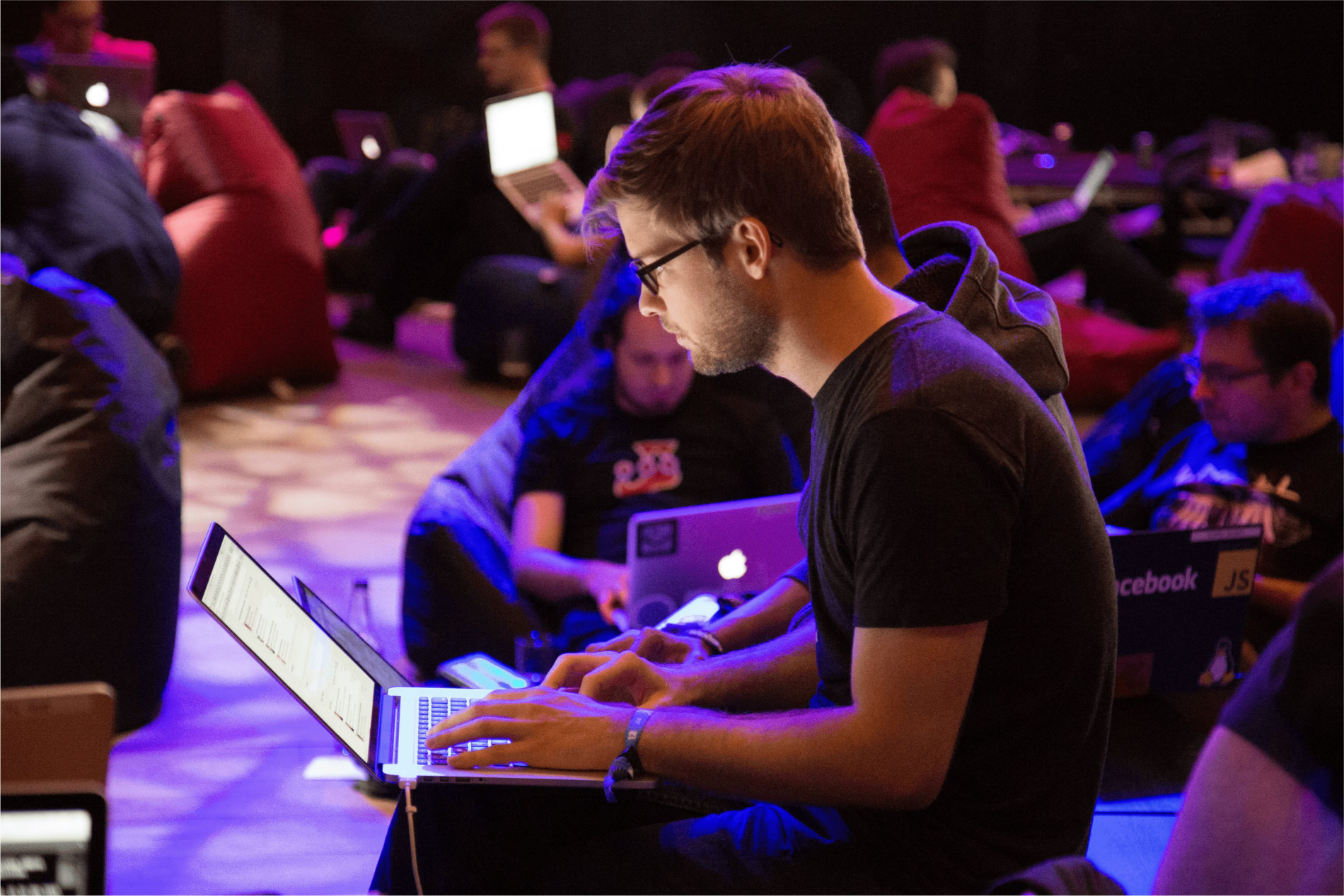
December 30, 2023
Recognising the Symptoms of Burnout
First, it’s important to understand that burnout is distinctly occupational – it originates from work-related stress and not circumstances outside of work, although the effects from burnout at work can certainly impact your personal life.
Burnout can also be distinguished from more common forms of stress, such as the feeling of pressure while working against a specific deadline.
It’s essentially a form of chronic workplace stress experienced over a period of months or even years. It reduces your sense of engagement at work, which leads to underperformance and feeling ineffective.
The World Health Organisation describes burnout symptoms as:
- feelings of energy depletion or exhaustion;
- increased mental distance from one’s job, or feelings of negativism or cynicism related to one’s job; and
- reduced professional efficacy.
The above signs of burnout at work are the most broadly identifiable, but if you suspect you might have burnout, chances are you might frequently feel physically unwell, too. A study by researchers at the University of New South Wales in collaboration with Black Dog Institute found that other common burnout symptoms include:
What is making burnout so prevalent today? While the syndrome can’t be pinned on a single cause, researchers have noted that poor work/life balance, stressful workloads or unrealistic deadlines, unpredictable schedules, and rapidly changing work environments are some persistent factors.
Living in a permanently switched-on digital society probably isn’t helping – mobile phones are keeping many of us connected to our jobs around the clock with a constant ding of email alerts and other notifications. Those of us who work from home might notice work duties creeping more often into our personal time as well. Researchers have also found individuals with perfectionistic and work-focused personality traits might be at higher risk of developing burnout.
How to Overcome Burnout
Recognising the symptoms of burnout, which can initially be subtle, is the crucial first step towards treating the problem and preventing it from arising again in future.
Taking regular, short breaks during the day might seem too obvious to start with, but in a time where many of us skip lunch or struggle to get outdoors much during the day, it’s a practice that goes a long way.
Consider ways you can make yourself more comfortable physically at work or while working from home. Wherever you work, your desk and chair should be made to ergonomic standards.
Allow your body to reset and refresh during downtime. Setting firm boundaries between work and personal time is necessary for allowing your mind and body to switch off and recuperate. Communicate this to your colleagues to ensure you’re all on the same page, and make use of the ‘do not disturb’ features on your devices.
Having a hobby outside of work or a regular fitness activity is another approach that can help you disconnect from work-related stress.
Longer breaks can do wonders for recharging your batteries. Find an opportunity to take time off, even if it’s just for a few days for a staycation, or longer for actual travel if possible.
Use your time off to take a mental and physical break from routines you might have hardened into and reconnect with loved ones. Having a real break allows you to gain perspective on life and take stock of where you are and what you want.
While self-care measures are necessary to treat burnout, it’s ultimately a workplace issue, and you should be able to raise it with your employer. Depending on your relationship with your manager, it may be a good idea to have a frank and private conversation with them directly. Or you could also seek out a trusted mentor at work with whom you can discuss work-related issues and strategise ways to deal with them.
If you think your burnout is a call to consider your next role, you might want to speak to a recruiter to discuss your options and find your next step.
How to Avoid Burnout
Prioritising regular rest and exercise, and maintaining work/life balance, are the foundational measures for avoiding burnout. It’s best to address any work-related issues before they become too much to bear, however.
Make a regular practice of taking time out for reflection, or ‘checking in’ with yourself, to consider how you feel about your job and what you can do to address any problems before they lead to burnout.
Think about your options at work – if it’s getting too stressful, are you able to raise the possibility of changing some aspects of your role? Does the company’s culture, values and working environment support employees if they’re at risk of burnout?
For some conditions, prevention is better than cure. If you’ve taken measures to address feelings of burnout and they’re not working, it might be time to think about your next career step.
Conclusion
With burnout on the rise, it’s becoming vital to recognise the symptoms in yourself, as well as your loved ones and colleagues. Being mindful of the risk factors and any changes you’ve noticed in yourself will help you find ways to hopefully prevent burnout before it gets too severe or control it when it happens.
If burnout seems like a sign it’s time for a real change, a recruiter can give you an objective point of view about your options. Get in touch with our Sydney recruitment specialists to work out your next move.












